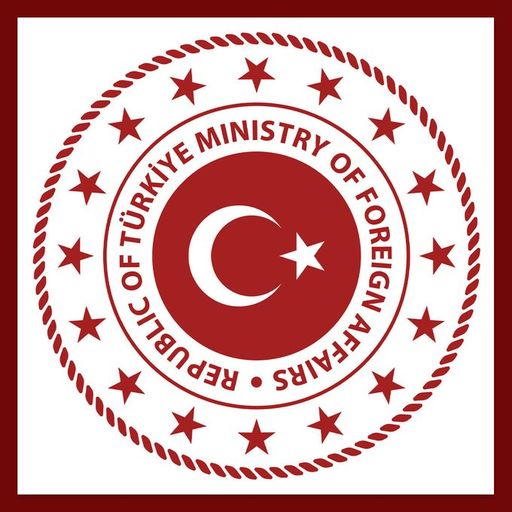Israel has introduced a new military plan named after a Biblical figure to formalise its long-term occupation of Gaza and enforce mass displacement of the Palestinians from their ancestral lands.
Approved unanimously by Israel’s far-right security cabinet this week, the strategy titled Gideon’s Chariots – Merkavot Gideon – plans to intensify Tel Aviv’s genocidal invasion in Gaza, which has already killed over 52,600 people, displaced the entire population and left the territory devastated.
Israeli authorities announced they are giving Hamas a ten-day window, coinciding with the end of US President Donald Trump’s ongoing visit to the region, before launching the offensive dubbed “with great force”.
The terms Israel expects Hamas to accept remain unclear, especially considering the Palestinian group has already agreed to a broad ceasefire proposal that includes the return of all Israeli hostages in exchange for a halt to Israel’s war on Gaza.
Although Israeli officials describe Gideon’s Chariots as an assault to dismantle Hamas and bring hostages home, it appears to be laying the groundwork for a more entrenched and indefinite occupation of Palestine’s Gaza.
A senior Israeli official told local media that the plan will involve an extensive offensive by air, land, and sea, including the systematic destruction of infrastructure considered a threat by the Israeli military.
Israeli troops will remain in areas they seize, entrenching military control and converting swathes of Gaza into a fortified buffer zone. This move reflects what many describe as the gradual annexation of the territory, justified through security rhetoric.
Israeli Finance Minister Bezalel Smotrich made the government’s stance unmistakably clear during a conference in Jerusalem.
“We are occupying Gaza to stay,” Smotrich said. “No more going in and out. This is a war for victory.”
He went on to say that Israelis should no longer shy away from the term “occupation,” adding: “A people that wants to live must occupy its land.”
Population transfer
A key component of the plan involves forcibly displacing Palestinians from northern Gaza, which constitutes a violation of international law in the absence of safe return guarantees.
The displaced population would be confined to designated zones in the south, tightly monitored by Israeli forces.
Already severely limited access to aid would be further restricted under the new plan. Aid deliveries are expected to resume only after military offensives push civilians south.
Distribution will be limited to areas approved by the Israeli military and managed by civilian contractors under strict oversight, with recipients subjected to screening.
“Any move by Israel to displace Palestinians to the south of the Gaza Strip and confine them into so-called ‘closed bubbles’ or continue to impose inhumane conditions of life to push Palestinians out of Gaza, would amount to the war crime of unlawful transfer or deportation,” Amnesty International said on Wednesday.
“If these actions are committed as part of a widespread or systematic attack directed against the civilian population, they would also constitute crimes against humanity.”

Türkiye says the recent decision by the Netanyahu government in Israel to expand its occupation in Gaza is 'a manifestation of an expansionist and destructive mentality'.
Biblical symbolism
The name Gideon’s Chariots carries significant symbolic weight in Israeli discourse. "Gideon" references a biblical figure who led a small, divinely chosen army to destroy the Midianites, which is an ancient Semitic group.
The name is thus seen by critics as framing the offensive in terms of religious conquest.
“Merkavot,” meaning chariots, deepens the symbolism. It evokes both biblical war imagery and modern Israeli Merkava tanks, infamous for their destructive role in Gaza and the occupied West Bank. The combination ties the narrative of religious mission with mechanised warfare.
Some in Israel mocked the name, suggesting it might be a nod to Foreign Minister Gideon Saar.
According to the Israeli outlet Ynet, during cabinet discussions over the offensive’s title, one minister joked it should be called, “Let me die with the Philistines” – a reference to Gaza’s ancient residents, who gave Palestinians their name.
Prime Minister Netanyahu reportedly rejected the suggestion.
“No. We don’t want to die with them. We want them to die alone,” Netanyahu was quoted as saying.

Theologians disagree. Here’s how they dismantle the flawed argument:















